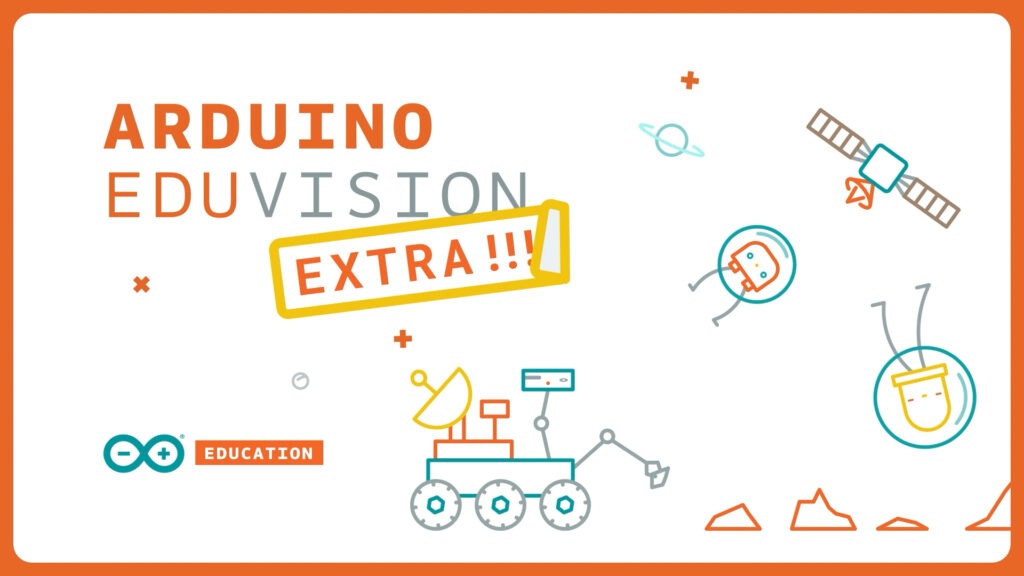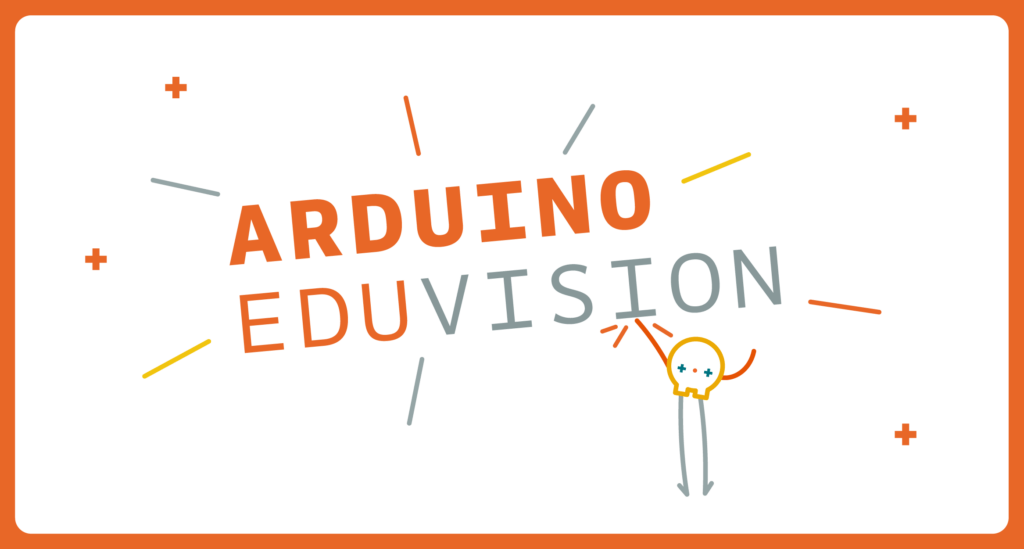18
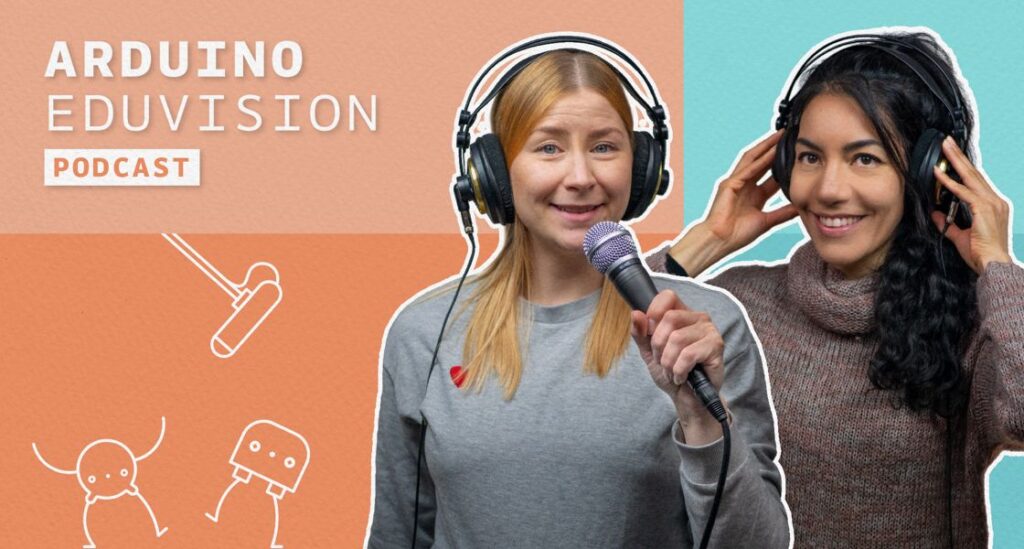
Hopefully you’ve been with us during the roller-coaster ride of Arduino EDUvision season 4, which just came to a close. We’ve had a wonderful time, and the response from the community has been outstanding.
Arduino EDUvision began life as a way to compensate for the lack of in-person events during 2020. And now we’ve already live streamed 40 episodes, with thousands of viewers tuning in each week as we interview guests from across education, tech, science and STEM.
EDUvision Season 4 Podcast
This latest season, which wrapped on 11th November, also broke out into an accompanying podcast.
Over the months, and with so many episodes under the EDUvision umbrella, we’ve had some amazing guests. The conversations you see in the episodes are only the tip of the interview iceberg. The new podcast gives Arduino fans the opportunity to listen to the full conversations that Melissa and Roxana have with the guests.
The subjects go so much deeper, and there’s so much more to learn from these amazing, entertaining thought leaders who share their time with us all.
You can listen to the Arduino EDUvision podcast anywhere you like. Here are a few links so you can catch up on the exciting edtech, STEM and science subjects we’ve delved into this season.
EDUvision Live Show
The good news is that all the EDUvision live streams remain online. So you can still watch them at your convenience. It’s been a really exciting season thanks to the diverse and fascinating guests who’ve shared their insights, work and projects with us.
Educational technology expert Damien Kee joined us to celebrate International Programmers’ Day in the first episode. Stick around until the end, when he took the opportunity to show off his amazing DIY R2-D2.
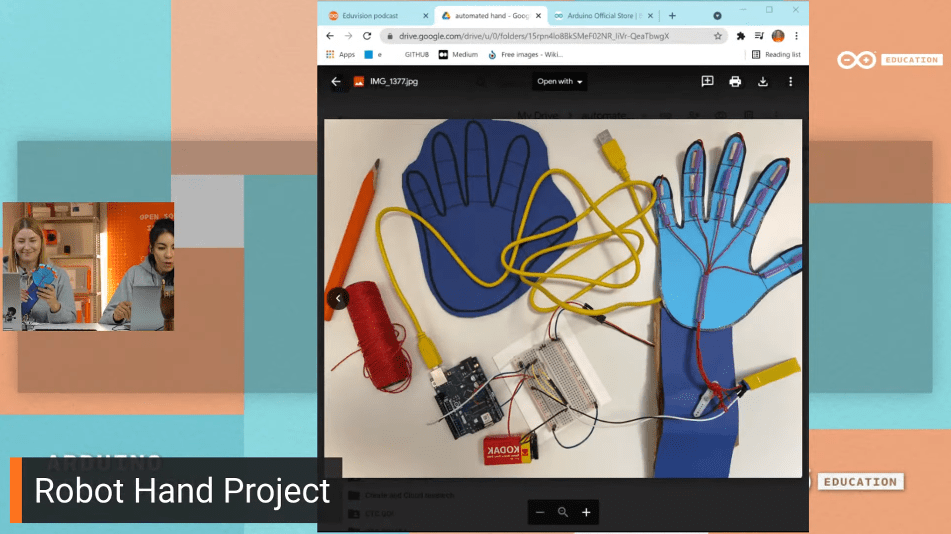
There was an outpouring of excitement from the Arduino community when Locomation’s Çetin Meriçli showed us what the future has in store for self-driving trucks and cars.
And Dr. Erica Colón from YouTube’s Nitty Gritty Science rounded out the season. She dazzled us with an amazing array of science projects you can do at home.
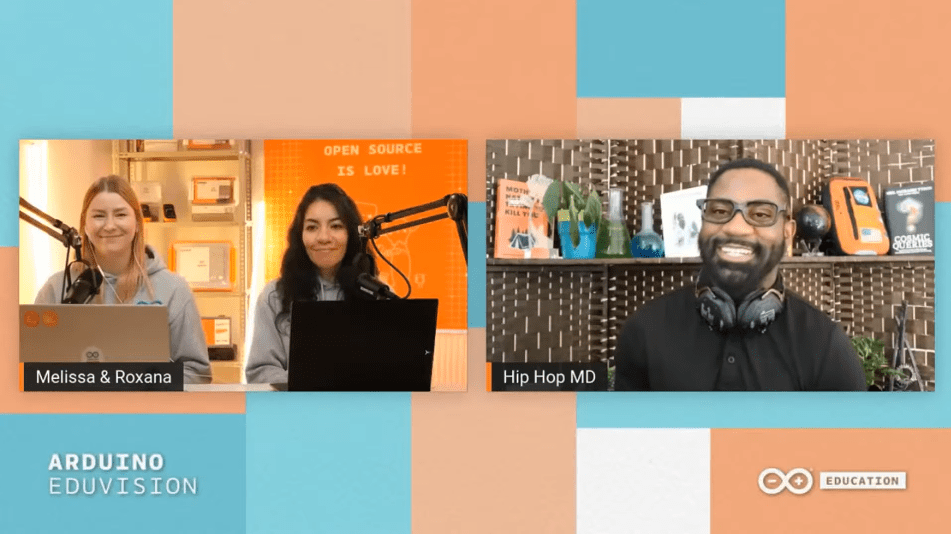
Take a look at the whole season right here. And we want to hear all your thoughts on the subjects you loved, and what you want to see more of in Arduino EDUvision.
The famous and fabulous Hip Hop Scientist visited us for Halloween. We had a great discussion about bridging the gap between music and science by bringing it into everyday pop culture.
Make sure you’re subscribed to the podcast and our YouTube channel. That way you won’t miss out on the upcoming holiday special!
The post Immerse Yourself in Arduino EDUvision Season 4 appeared first on Arduino Blog.

